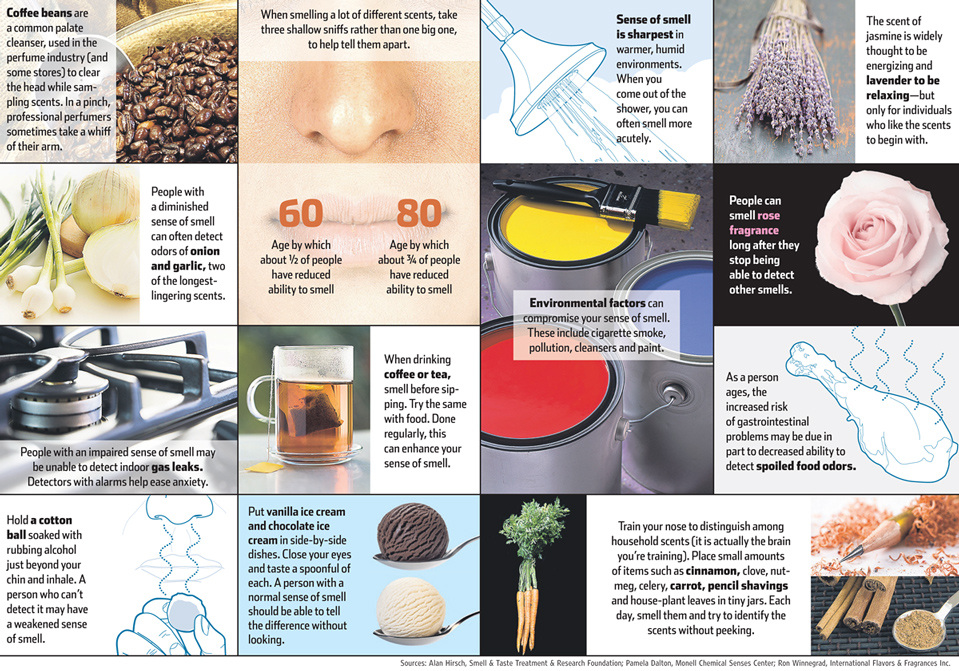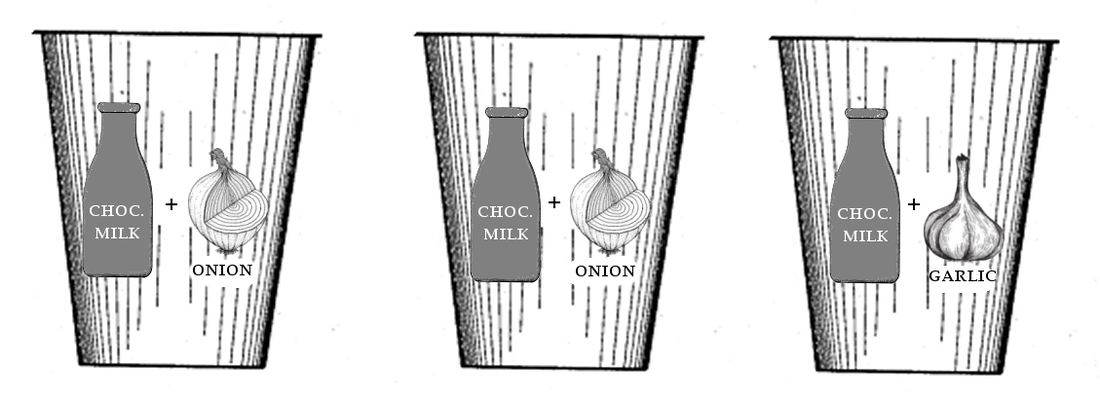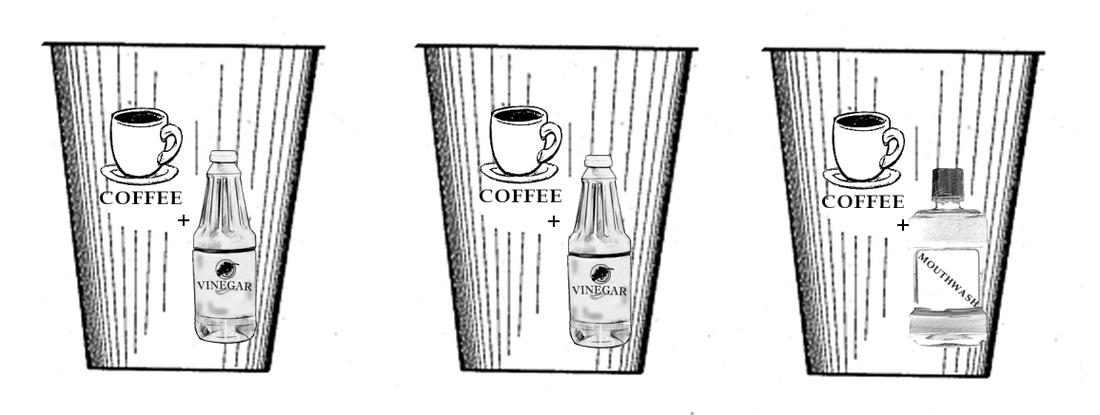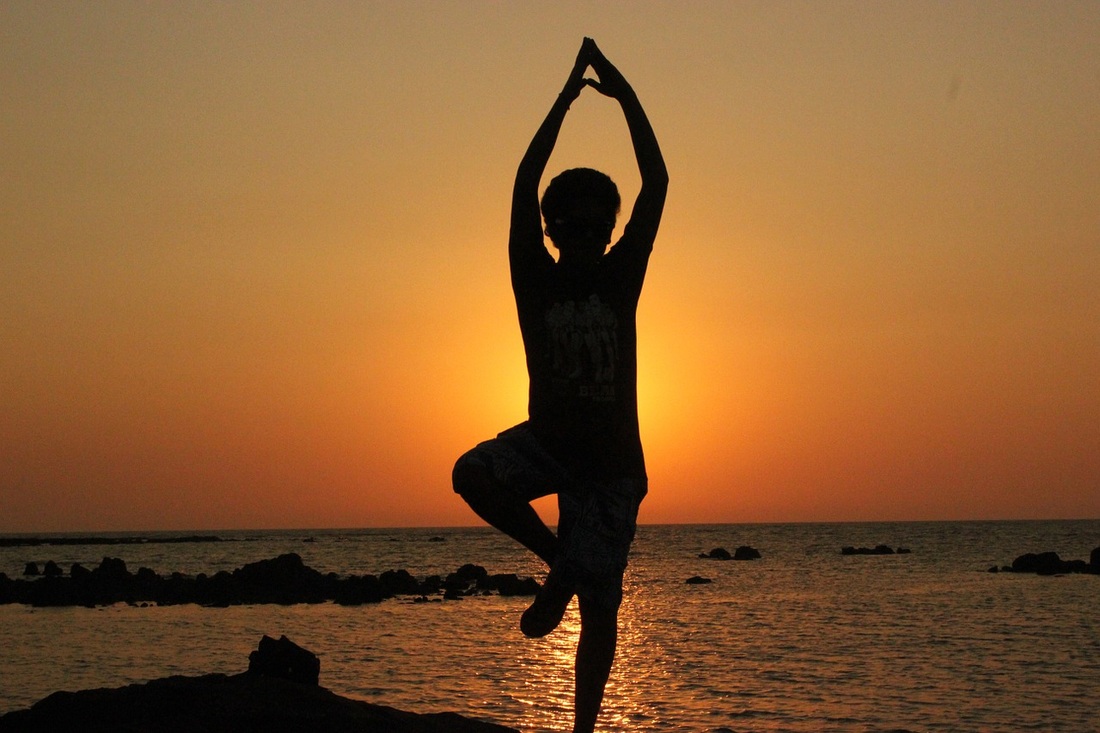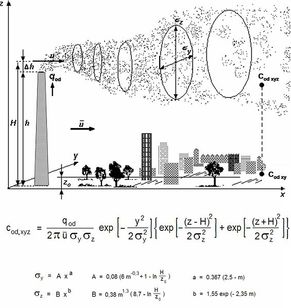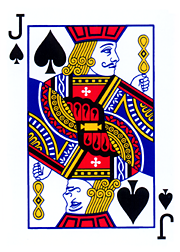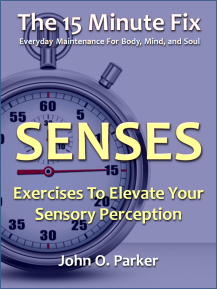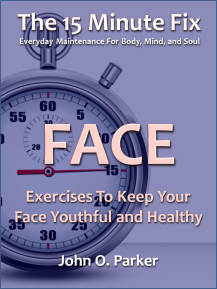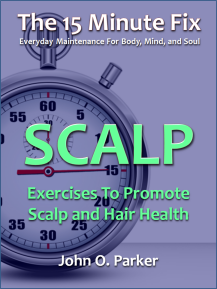
I have spent a lot of time writing about the importance of maintaining and tracking your sense of smell, and as important as that is, I don't want to forget about sense of taste. Conventional wisdom has it that sense of smell is an integral part of our ability to taste. However, This research by Donald Katz and Joost Maier, neuroscientists at Brandeis University, and University of Utah professor Matt Wachowiak shows that the taste-smell processing system is a two-way street. “We discovered in this experiment that the sensory systems don’t work in isolation from each other," said Katz. “One part of the cortex takes direct input from the nose, and one part from the tongue, and while it’s convenient to think that the nose and taste receptors operate independently, they don’t.”
This is another great example of how the sensory perception system is integrally linked at a very deep level. The study showed olfactory nerves receive and process information even when the subjects (rats!) aren't not sniffing or even inhaling the associated scent.
Of course my takeaway on this is that the study further supports the idea of working to maintain all of your senses as an integral sensory system. Don't just work on maintaining or improving your hearing or sense of smell (for example) - cross train across all of your senses. Each sense will benefit from the strengthening of the neural processing associated with another sense. In a similar vein, Dr. Katz summarized the importance of regarding the sensory system as a single system: “It doesn't make sense to probe one system separately from the other. Just like in a chorus, you can't appreciate the fullness of the music if you hear only the bass or the tenor in isolation.”
Age well my friends....
This is another great example of how the sensory perception system is integrally linked at a very deep level. The study showed olfactory nerves receive and process information even when the subjects (rats!) aren't not sniffing or even inhaling the associated scent.
Of course my takeaway on this is that the study further supports the idea of working to maintain all of your senses as an integral sensory system. Don't just work on maintaining or improving your hearing or sense of smell (for example) - cross train across all of your senses. Each sense will benefit from the strengthening of the neural processing associated with another sense. In a similar vein, Dr. Katz summarized the importance of regarding the sensory system as a single system: “It doesn't make sense to probe one system separately from the other. Just like in a chorus, you can't appreciate the fullness of the music if you hear only the bass or the tenor in isolation.”
Age well my friends....
